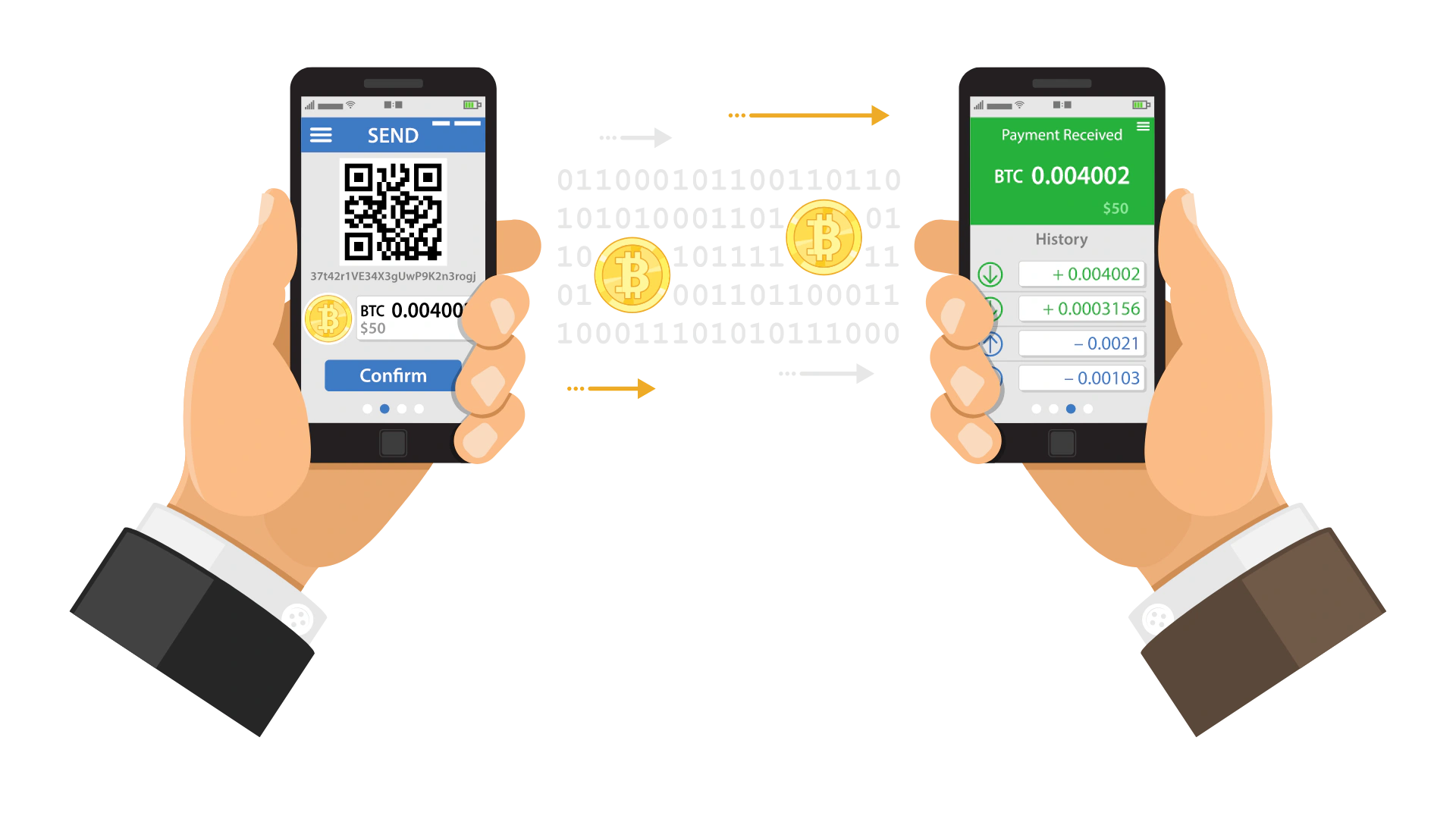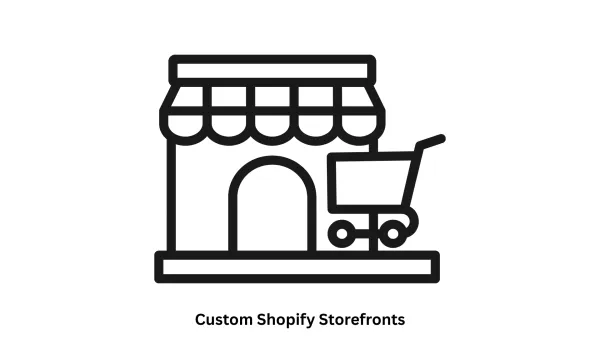Your Gateway to Crypto: Creating and Using Cryptocurrency Wallets

Cryptocurrency wallets are essential tools for anyone venturing into the world of digital assets. Think of them as your personal bank accounts for Bitcoin, Ethereum, and other cryptocurrencies. But unlike traditional banks, you hold the keys (literally and figuratively!) to your crypto wealth.
In this guide, we'll break down the basics of creating cryptocurrency wallets, explore the different types available, and share essential security tips.
Why You Need a Cryptocurrency Wallet
- Ownership: A wallet proves you own your cryptocurrency.
- Secure Storage: Wallets keep your crypto safe from theft and loss.
- Transactions: You use your wallet to send and receive cryptocurrency.
- Access to DApps: Wallets are your gateway to decentralized applications (DApps) on the blockchain.
Types of Cryptocurrency Wallets
- Hot Wallets (Software Wallets)
- Connected to the Internet: Easy to use, convenient for frequent transactions.
- Examples: Desktop wallets (Exodus, Electrum), mobile wallets (Trust Wallet, Coinbase Wallet), web wallets (MetaMask).
- Security: Less secure than cold wallets, but good for smaller amounts of crypto.
- Cold Wallets (Hardware Wallets)
- Offline Storage: High security due to being disconnected from the internet.
- Examples: Ledger Nano, Trezor.
- Best for: Storing large amounts of crypto for long-term holding.
- Paper Wallets
- Printed Keys: Physically printed public and private keys.
- Ultra-Secure: Immune to hacking if kept safe.
- Risks: Can be lost or damaged, not ideal for regular transactions.
Creating Your First Cryptocurrency Wallet
- Choose a Wallet Type: Decide which type suits your needs (hot, cold, or paper).
- Download or Purchase: Download a software wallet or purchase a hardware wallet.
- Follow Instructions: Set up your wallet according to the provider's instructions.
- Secure Your Seed Phrase: This is your backup key; write it down and store it in a safe place. Never share it with anyone.
- Add Funds: Transfer crypto from an exchange or receive crypto from someone else.
Security Best Practices
- Strong Passwords: Use unique, complex passwords for your wallets and accounts.
- Two-Factor Authentication (2FA): Enable 2FA for an extra layer of security.
- Beware of Phishing: Never click on suspicious links or share your seed phrase.
- Update Your Wallet Software: Keep your wallet software up-to-date to protect against vulnerabilities.
- Consider Cold Storage: For long-term holding, use a cold wallet to store the majority of your crypto.
Need Help?
If you're looking for expert guidance on cryptocurrency wallet development, or assistance with website development, blockchain development, game development, and more, Associative is your trusted partner. We specialize in building secure, user-friendly crypto solutions to help you navigate the exciting world of digital assets.



To learn more, consider reading other articles, blogs, and stories in this area.























